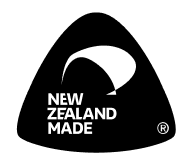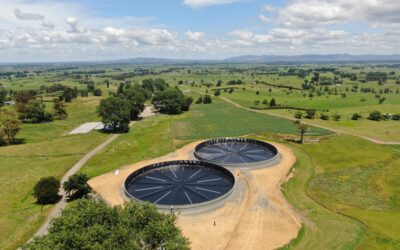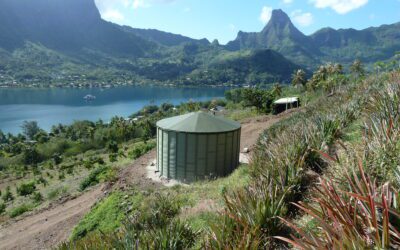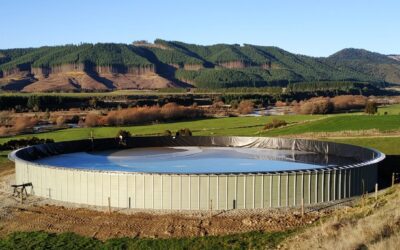Why is water security important?
Clean, uncontaminated water is essential for life, yet it is often taken for granted.
It supports human health, agriculture, industry, and ecosystems. Water shortages can have widespread economic and health impacts, particularly during high-demand periods like summer. While minor inconveniences such as sprinkler bans occur, the more significant consequences include reduced food production, compromised sanitation, and disruptions to industries and the economy.
The importance of reliable water access
According to the Ministry for Primary Industries (NZMPI), reliable access to safe water is essential:
- To irrigate crops, orchards, and pastures
- To produce safe food for consumers
- For processing industries
- For animal health and welfare
- For sustaining communities
New Zealand has abundant water sources, including lakes, rivers, and groundwater. However, scarcity due to low lake levels or contamination can quickly limit supply. This challenge is compounded by increasing competition for water from growing populations, agriculture, and industry.
The reality of water availability
Despite its reputation as a water-rich country, New Zealand experiences significant regional and seasonal variability in water availability. Some areas may suffer from drought while others experience flooding at the same time. This imbalance highlights the importance of water security measures.
Regardless of views on climate change, the fact remains that water is a finite resource. Increased demand due to population growth, industry, and power generation (e.g., hydroelectricity) means that water restrictions are likely to become more common. Having a reliable water supply—whether for personal use or as a buffer during drought—will become increasingly valuable. Additionally, council water rates are expected to rise over time.
Sustainable water sources
Freshwater and harvested rainwater are the most practical water sources for New Zealand. While desalination is an option, it is energy-intensive and expensive, making it an impractical solution at present.
Key Strategies: Conservation and Storage
To ensure water security, there are two primary strategies: conserving water and storing reserves for times when demand exceeds supply.
Advantages of water conservation:
- Reduces use of a limited resource
- Lowers costs associated with water treatment, transportation, and rates
- Helps preserve ecosystems that rely on natural water sources
- Ensures availability for critical users such as hospitals and food producers
Advantages of water storage:
- Provides a buffer reserve during droughts or low-rainfall periods
- Ensures a readily available supply for emergencies (e.g., after a natural disaster like Cyclone Gabrielle)
- Supports high-demand periods such as frost protection for crops
- Allows for water storage when demand exceeds permitted withdrawals from streams, rivers, or bore pumps
Water storage: large and small scale
Water storage solutions range from large-scale infrastructure projects to individual household solutions:
- Large-scale storage: Governments and councils build dams and reservoirs that serve multiple purposes, including recreation, community water supply, agriculture, and hydroelectricity generation.
- Small-scale storage: Individuals can collect rainwater from roof catchments to supply household needs. Other examples include water storage systems for lifestyle block subdivisions, marae, and rural communities without access to town water supply.
Larger shared storage solutions can provide benefits such as combined firewater and drinking water systems, offering cost savings through economies of scale compared to individual systems.
With increasing pressure on water resources, now is the time to think about water conservation and storage. Investing in sustainable water solutions today will help ensure long-term security for households, communities, and industries alike.
Check out some more helpful blogs below
Seven intriguing facts about KlipTank
Check out these seven interesting facts you may not know about KlipTank 1. Neil Peterken - The visionary behind KlipTank Neil Peterken, the inventor of KlipTank, has spent much of his career in the road transport industry. His innovations...
Why is water security so important in the Pacific Islands?
The critical role of water security in the Pacific Islands The Pacific Islands face some of the lowest levels of access to safe drinking water, sanitation, and hygiene. According to the 2023 Joint Monitoring Program, the region is falling behind in...
Choosing the right tank for your needs – 14 key things to consider
Selecting the right tank for irrigation, water storage, or other liquid storage applications is an important decision that impacts efficiency, longevity and functionality. Whether you’re storing potable water, effluent, or other industrial...




